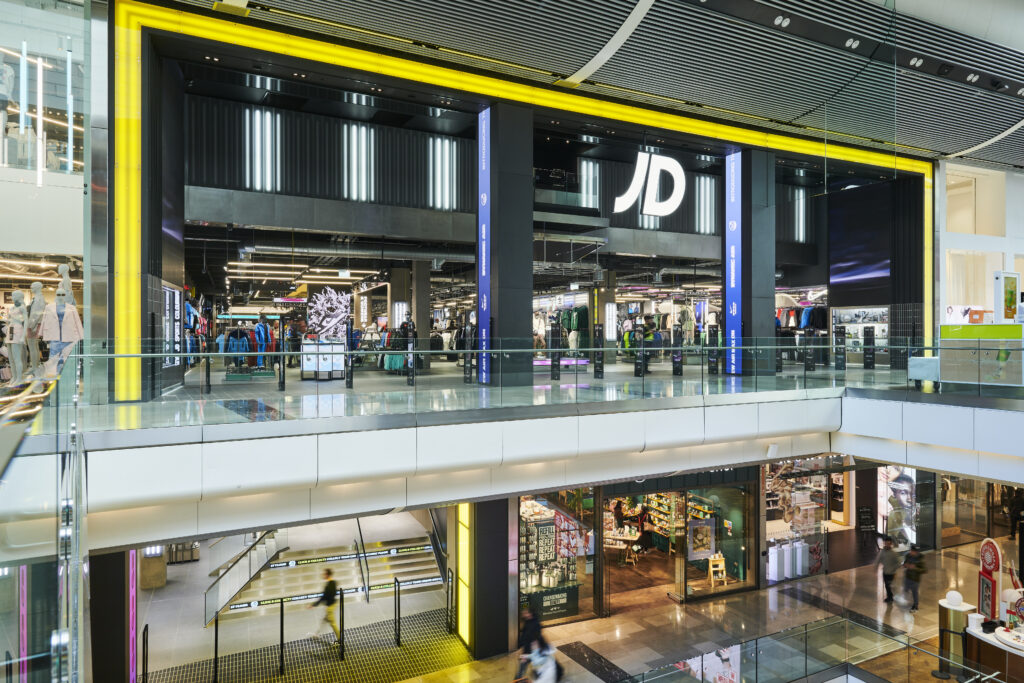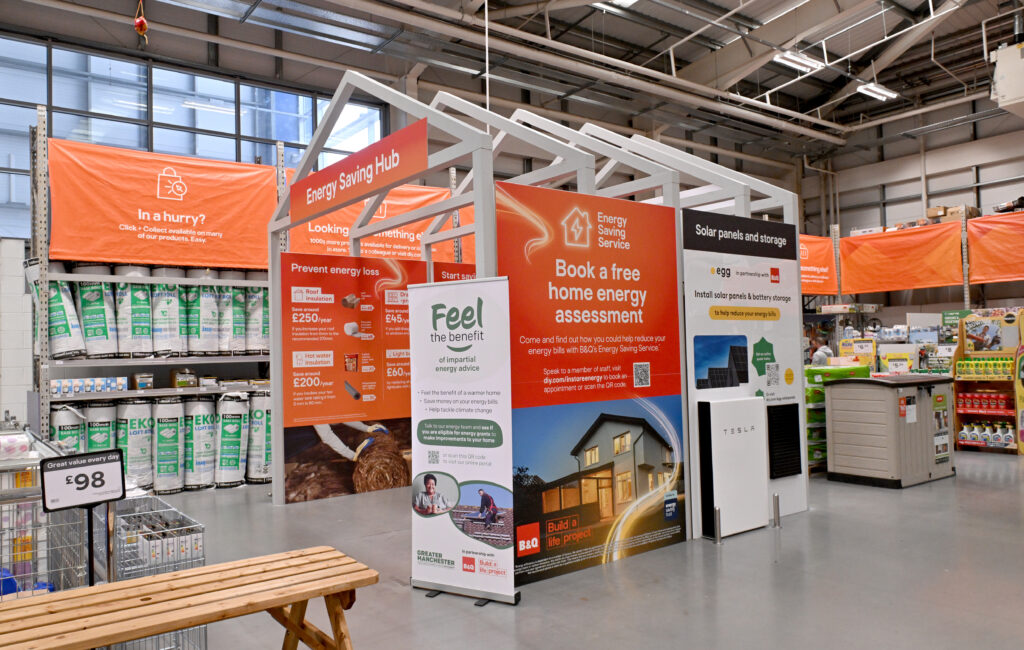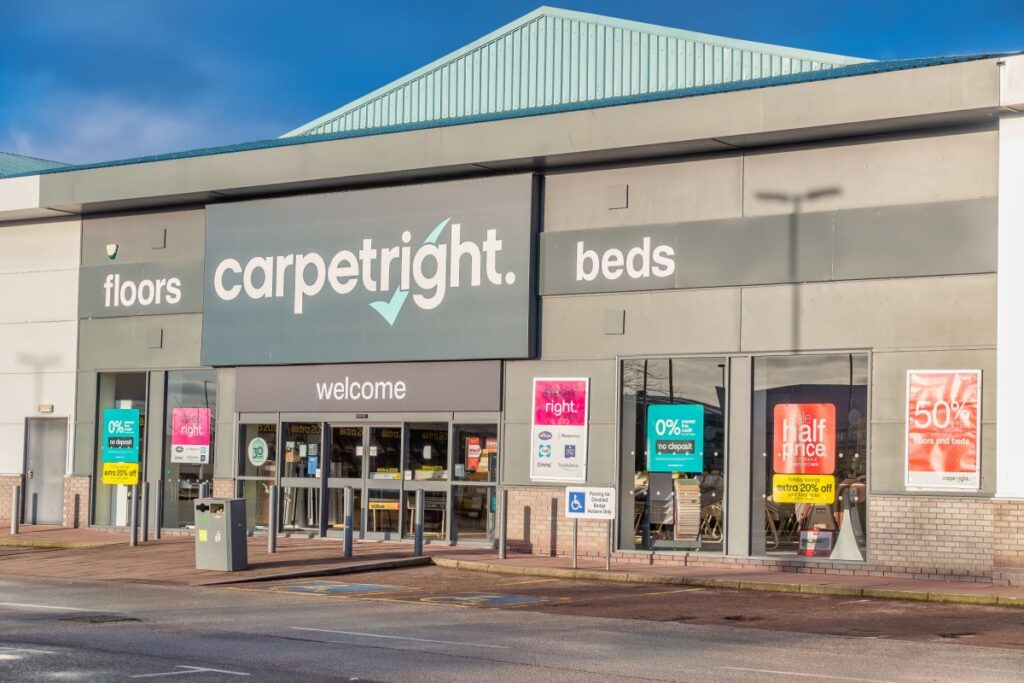The script remains unchanged for high street retailer WHSmith; as today it reports a fall in sales over the Christmas period while still remaining on course to meet its full-year profits target.
In the 21 weeks to January 21st 2012, group sales declined five per cent on a like-for-like (LFL) basis, with its high street division, making up the majority of its stores, reporting a six per cent LFL sales drop compared to the same period last year.
Travel stores, located at airports and train stations, performed better but still suffered a three per cent decline in LFLs, however with margins improving across the business CEO Kate Swann has managed to yet again deliver growth in spite of poor trading.
In its last financial year, ending August 31st 2011, group LFLs fell five per cent year-on-year but the retailer still managed to record a profit before tax of £93 million while improving gross margin by 150 basis points.
Reflecting on today‘s results Swann said: “During the period we saw a resilient performance in challenging trading conditions. Gross margin was in line with plan and costs were tightly controlled.
“Over the past six years both businesses have consistently increased profits and the group is now well balanced between travel and high street.
“As a result of this, the months of November and December now represent less than half of annual group profit compared to over 90 per cent of group profit six years ago.”
This move away from seasonality has been achieved by a sustained global and domestic expansion of its travel division, and the business confirmed today that it continues to look for locations for more stores in this format.
WHSmith remains highly cash generative and has embarked on a share buyback scheme which so far has seen 2.7 million shares purchased at an average price of £5.15.
Despite the stable position of the business some question whether the retailer‘s strategy is sustainable long term, with Neil Saunders, Managing Director of retail analyst group Conlumino, pointing out that its Christmas sales have now fallen every year since 2005.
“While this business model is rational over a short to medium period, longer term it is unsustainable. Eventually cost savings will run out and WHSmith will need to look to grow profits through increasing sales,” Saunders said.
“When the time comes such a strategy will be challenging as the business needs serious investment to bring neglected assets up to scratch; nowhere is this more evident than in its store estate.”
Kobo, the retailer‘s e-reader device, has received positive reviews from experts and has reportedly sold well but Saunders warns that it will struggle to supplant Amazon‘s market leading Kindle device and that a much bigger problem for the firm is improving its uninspiring store offer.
He added: “Overall, we maintain our view that WHSmith is a business being run more as a cash machine than being built as a viable long term prospect.”
















